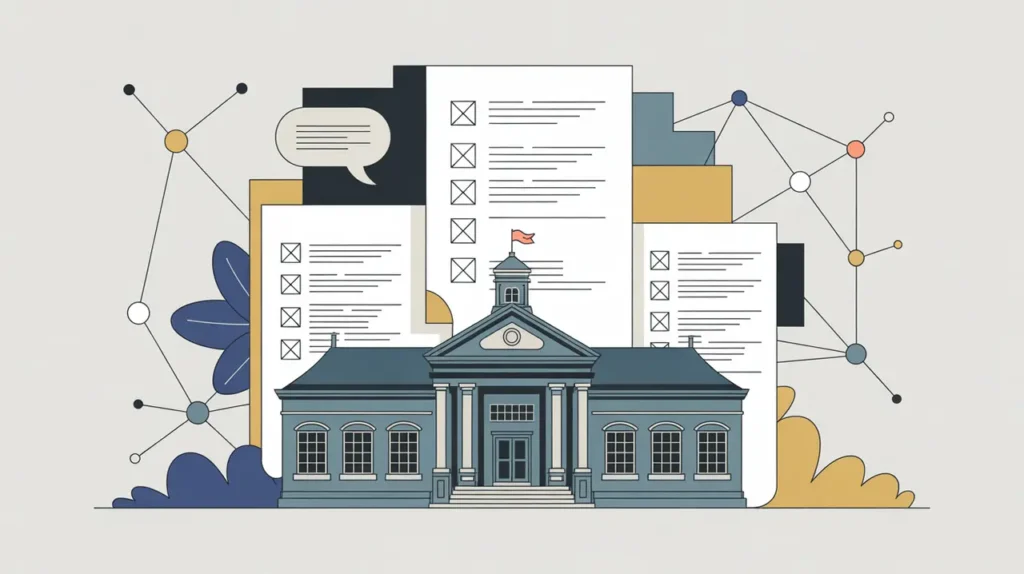Importance of the Electoral Process
The electoral process is central to democracy, accountability, and citizen participation. It determines how leaders are chosen, how policies are shaped, and how legitimacy is conferred on governing institutions. In international development, the integrity of electoral processes affects stability, trust, and the ability of citizens to influence decisions. For nonprofits and social innovators, supporting transparent and inclusive elections is critical for ensuring that proximate voices are heard and that systems of governance reflect the diversity of the people they serve.
Definition and Features
The electoral process refers to the set of rules, procedures, and institutions that organize the selection of representatives and leaders through voting. Its defining features include:
- Legal Frameworks: constitutions, laws, and regulations governing elections.
- Institutions: electoral commissions and oversight bodies that administer the process.
- Voter Participation: the ability of citizens to register, cast ballots, and have their votes counted fairly.
- Transparency and Accountability: mechanisms to prevent fraud, ensure impartiality, and resolve disputes.
How this Works in Practice
In practice, the electoral process includes voter registration, candidate nomination, campaigning, voting, counting, and results certification. Civil society organizations often play roles in voter education, election monitoring, and advocating for reforms that improve access and fairness. For example, NGOs may run campaigns to increase youth participation or deploy observers to reduce fraud. International organizations sometimes provide technical support to electoral commissions or mediate disputes. Challenges include voter suppression, misinformation, political violence, and weak institutions that undermine credibility.
Implications for Social Innovation
The electoral process has profound implications for social innovation because it defines the political space in which reforms can occur. Inclusive and transparent elections create opportunities for new ideas, movements, and leaders to emerge. For proximate actors, engaging in the electoral process affirms agency and ensures that marginalized voices shape governance. Innovations such as digital voter education platforms, biometric registration systems, and participatory policy forums can strengthen credibility and inclusion.







